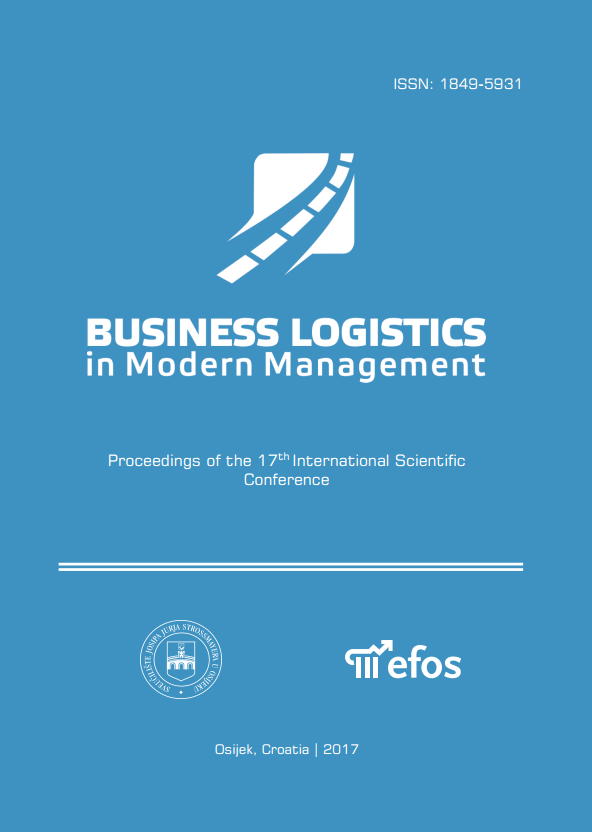ROOT CAUSE ANALYSIS METHODS AS A TOOL OF EFFECTIVE CHANGE
Abstract
Companies which operate in reality of the free market economy encounter problems. These problems may come from internal circumstances, such as not achieving planned KPI results, or external, like acquiring necessary resources for fulfilling their liabilities to customers. In order to solve the problem the most important issue is to reach the sources of its formation and eliminate the root causes. Determining those reasons unskilfully can cause delay in solving the problem or give improper solution, which generates additional loss of, for example, time, human resources, customer confidence or cash. Based on the survey conducted in a group of 50 managers, senior and middle management level, here is presented assessment of effectives of these methods. Each respondent was asked to select which of these methods they use, and rated them on a scale from 1 to 5 the effectiveness of the method. In the survey 1 means ineffective method, and 5 perfectly identifies the root cause. Despite the fact that, taking into account the results of the survey, there are many methods to determine the root cause, the most valued methods are: 8D report, “5 why’s?” and Ishikawa’s diagram. Respondents also noted that often a combination of two methods is used.
Key words: Effective change, root cause analysis (RCA) methods, managing the change, survey results RCA, 8D report

